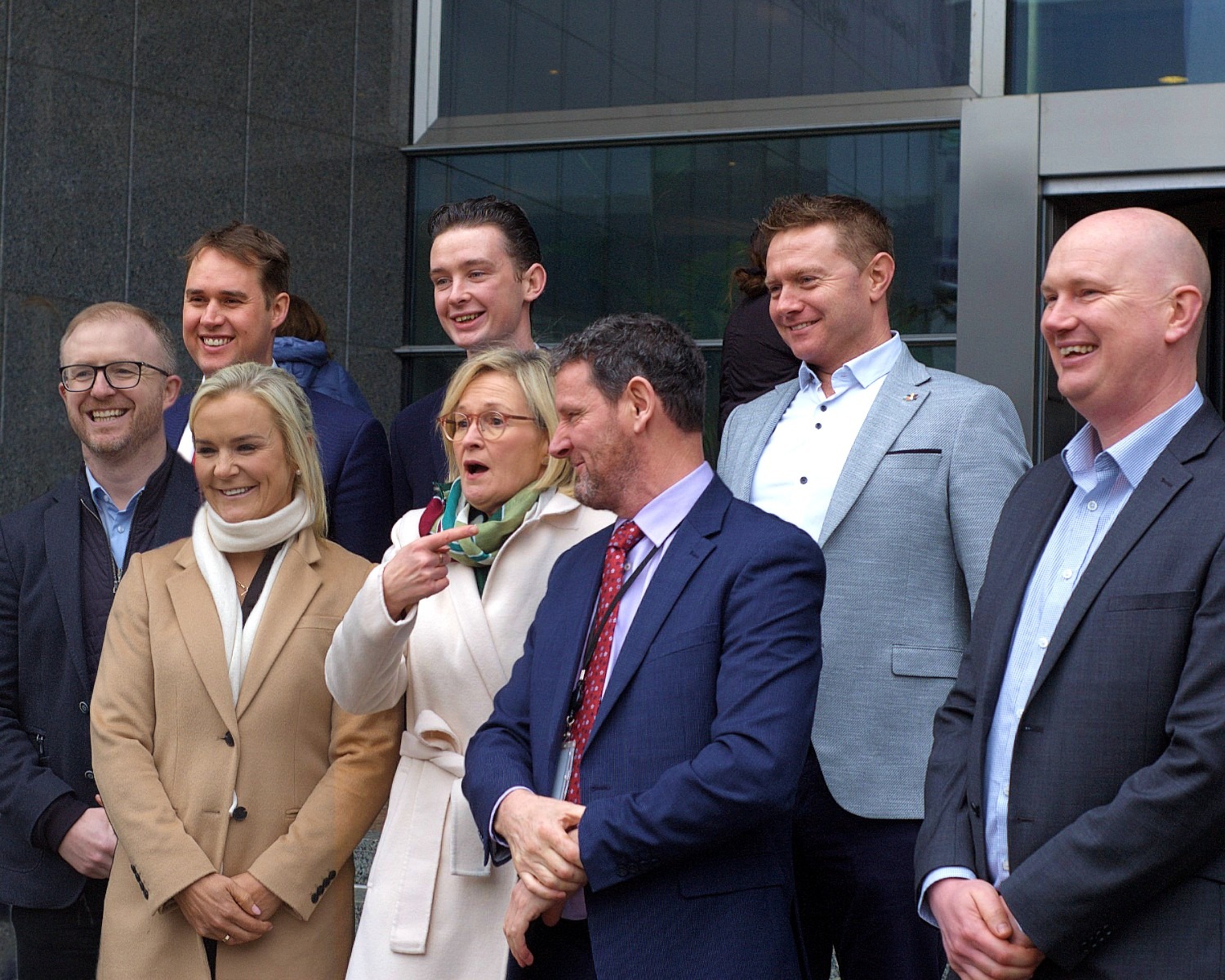When your business depends on agriculture, there is only one place to go and try to divine – or influence – the future of your market: Brussels. The EU doles out €38 billion in Common Agricultural Policy (CAP) payments to European farmers each year, and in exchange makes much of the decisions on what they can farm where, at what price and under which environmental requirements. The narrowing corridor left for farmers to run their business between these constraints is where agricultural technology companies operate. Ireland has been punching above its weight in this category and, for the past year,…
Cancel at any time. Are you already a member? Log in here.
Want to read the full story?
Unlock this article – and everything else on The Currency – with an annual membership and receive a free Samsonite Upscape suitcase, retailing at €235, delivered to your door.

